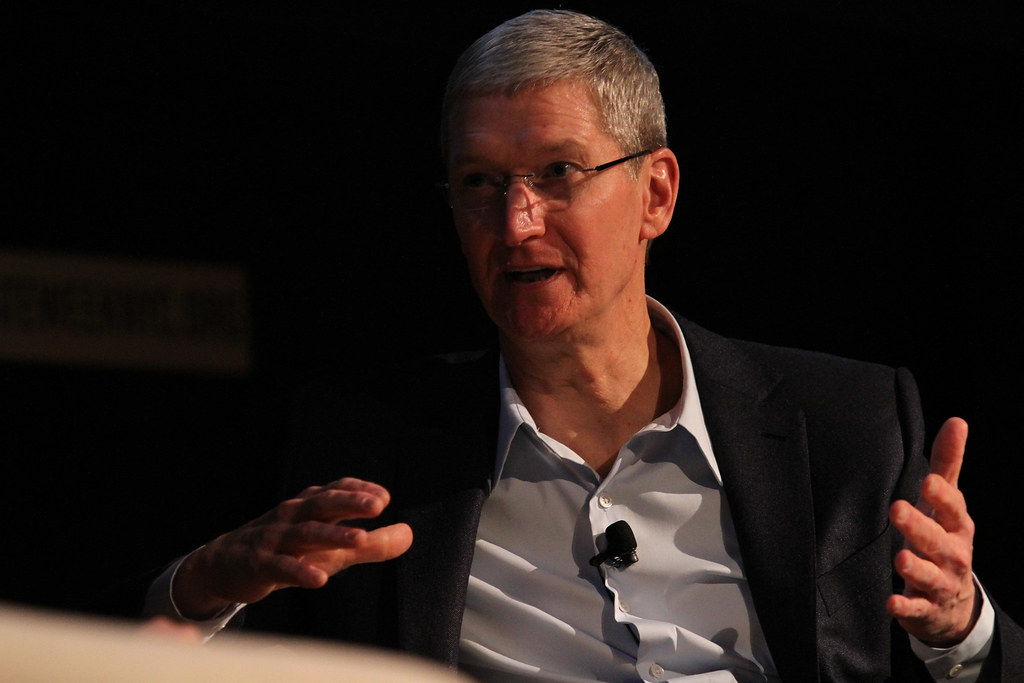
After temporarily avoiding tariffs, Apple is now subject to a 25% tax on all iPhones manufactured outside the United States. A senior advisor to President Donald Trump recently stated that Apple—not consumers—will bear the cost of these tariffs.
President Trump has insisted that Apple should manufacture its iPhones in the U.S. and warned that refusal to do so would result in a 25% tariff on imported devices. This policy is part of his broader effort to encourage domestic manufacturing.
Kevin Hassett’s Take on the Tariff Impact
Kevin Hassett, Director of the National Economic Council, told CNBC’s Squawk Box that Apple would absorb the tariffs if it continues to produce iPhones abroad. Hassett argued that consumers would not feel the impact because Apple must sell the devices, describing iPhone supply as “elastic,” meaning Apple is obligated to sell despite the tariffs.
Despite Hassett’s claim, the actual outcome remains uncertain. Apple faces two choices: either absorb the tariffs and reduce profits by selling at a loss or pass the increased costs onto consumers through higher prices.
Earlier, Walmart announced price hikes linked to these tariffs, although President Trump urged the company to “EAT THE TARIFFS,” insisting that consumers should not shoulder the burden.
Tariffs Are Triggering Price Increases Across the Board
Many companies struggling with these tariffs are raising prices. Logitech has already increased product prices by 25% to offset import tariffs.
Similarly, Chinese sellers on Amazon have raised prices following the tariff impositions, negating the platform’s promise of affordable goods. This reflects the broader impact of tariffs: while companies may initially face the higher costs, the eventual consequences usually trickle down to consumers.
Predictions that tariffs would raise consumer prices have come true. Though companies bear the brunt initially, rising costs inevitably affect shoppers, and this trend is expected to continue in the long term.
Author’s Opinion
While officials claim Apple will absorb the 25% tariffs, economic reality suggests otherwise. Companies operate on thin profit margins and must remain competitive. Passing increased costs to consumers through higher prices is the most likely outcome. This undermines the intent of tariffs to protect domestic jobs and industries by instead making goods more expensive for everyday Americans. Transparent communication about this dynamic is essential so consumers can make informed decisions.
Featured image credit: Climate Group via Flickr
For more stories like it, click the +Follow button at the top of this page to follow us.
